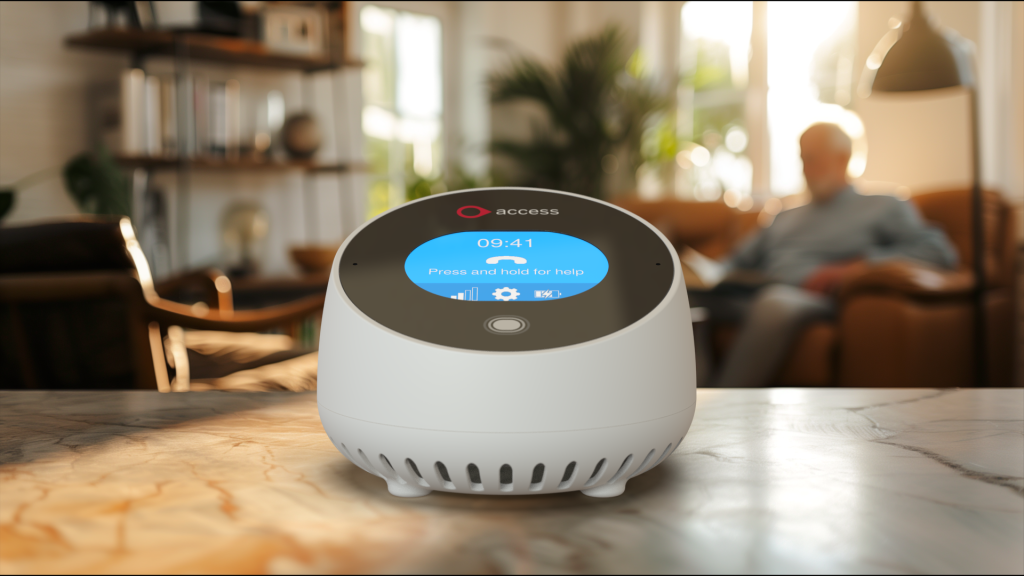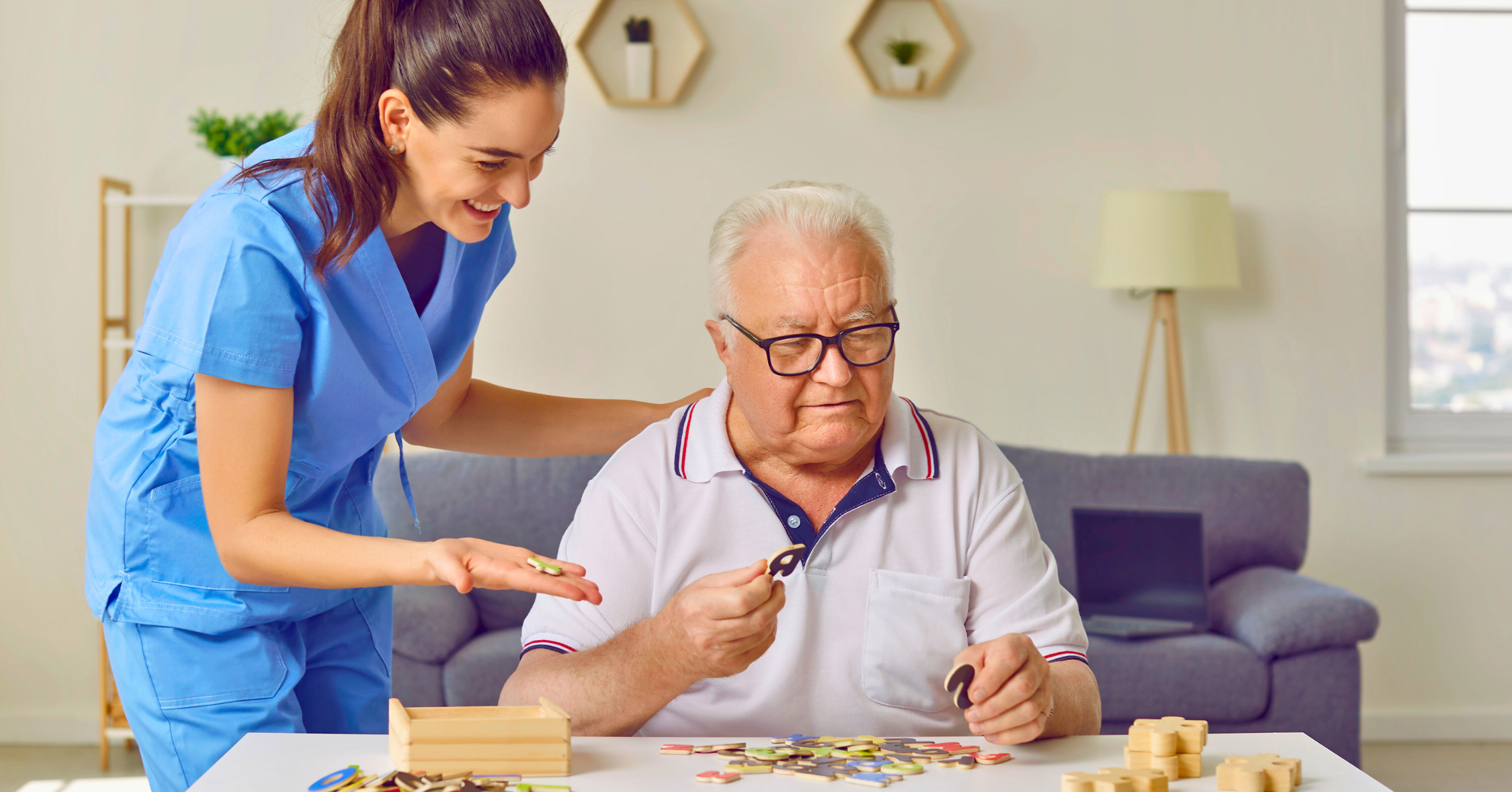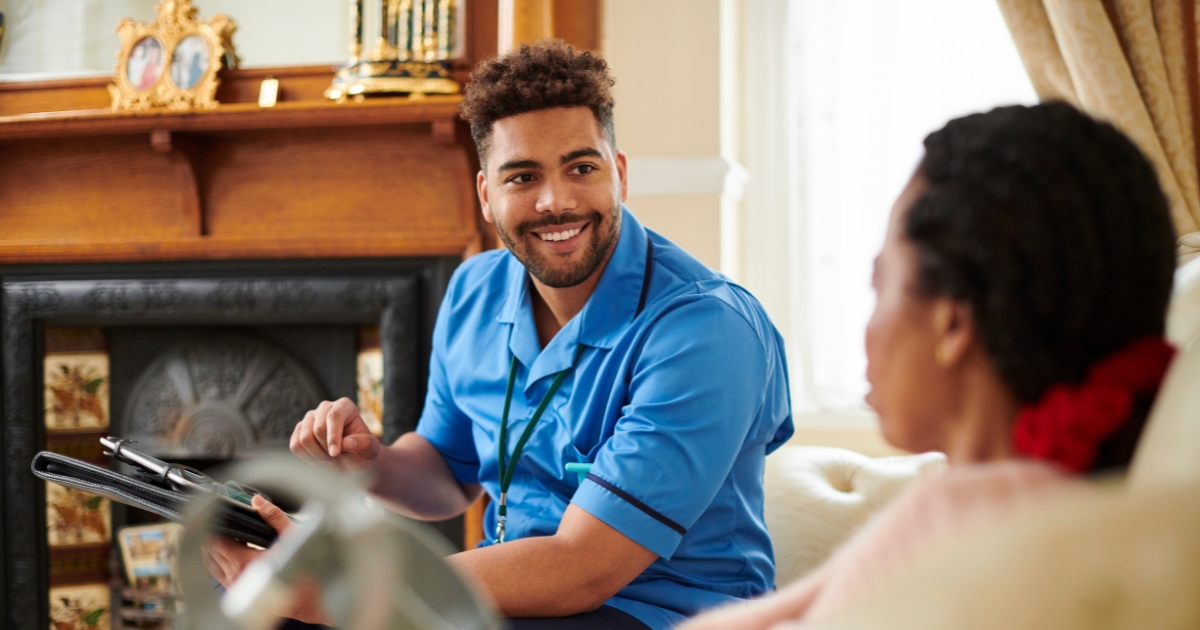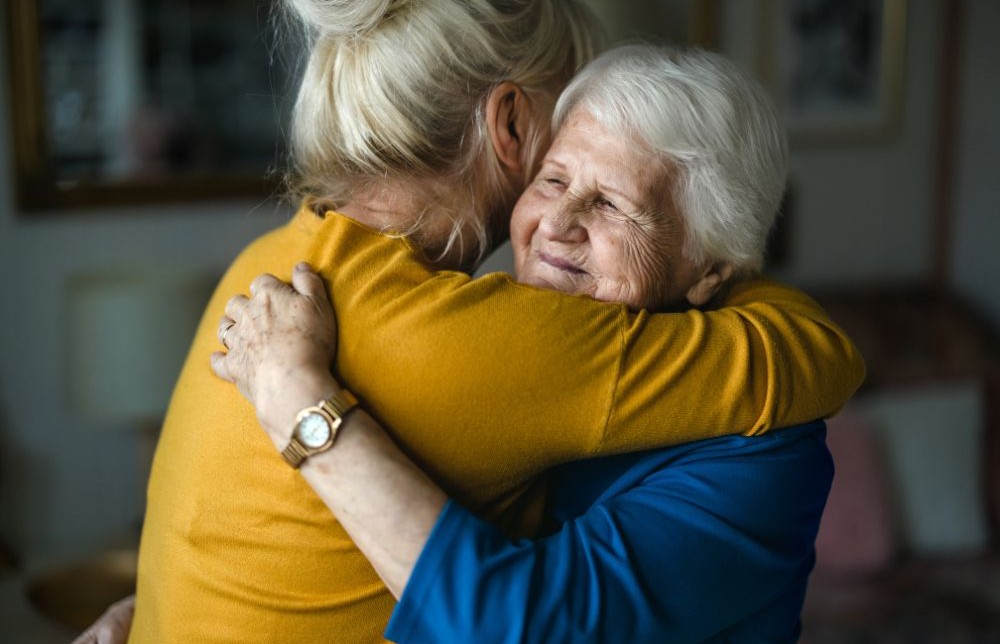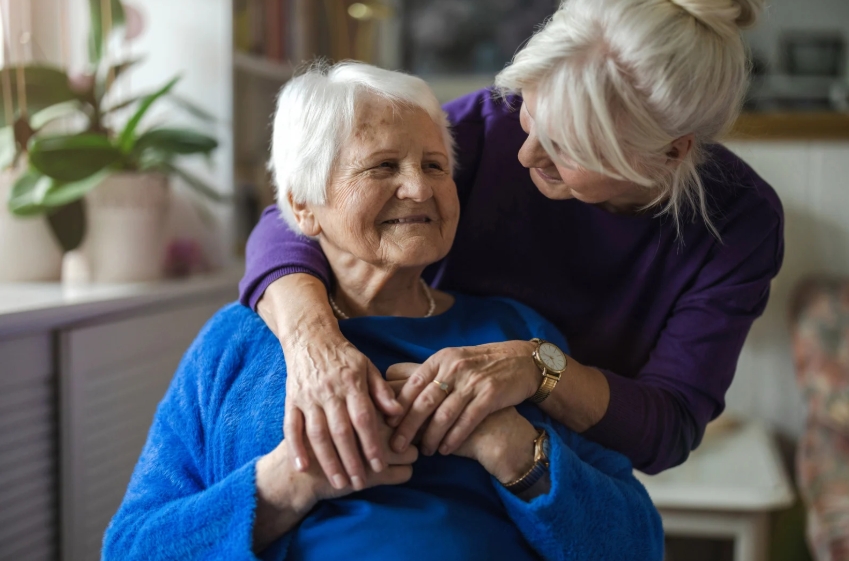February marks Dignity Action Month, a time to reflect on what dignity really means in care – and why it matters so deeply to the people who receive support, and to those who provide it.
At Altogether Care, dignity is not an initiative or a tick-box. It’s the foundation of everything we do. It shapes how we speak, how we listen, and how we support people to live their lives in a way that feels right for them.
What Does Dignity in Care Really Mean?
Dignity in care is about seeing the personfirst – not their age, diagnosis or level of need. It means recognising each individual as someone with their own history, preferences, routines and values.
In practice, dignity shows up in small but powerful ways:
- Being spoken to with respect and warmth
- Having privacy and personal boundaries honoured
- Being involved in decisions about daily life and care
- Feeling listened to, not rushed or overlooked
It’s about enabling people to remain themselves, even as their needs change.
Choice, Independence and Control
Maintaining dignity often comes down to choice. Choice over what to wear, when to eat, how support is delivered, and who provides it. These decisions may seem simple, but they are deeply connected to independence and self-worth.
At Altogether Care, we support people to do as much as they can for themselves, for as long as possible. Where support is needed, it’s offered in a way that empowers rather than takes over – respecting independence, ability and confidence.
Dignity is Built Through Relationships
True dignity in care is rooted in trusting relationships. When people feel safe, understood and respected, they are more comfortable expressing their needs, concerns and wishes.
Our carers take time to get to know the people they support – their stories, interests and routines. This continuity and familiarity help create care that feels personal, reassuring and human, not clinical or impersonal.

Dignity for Families and Carers Too
Dignity doesn’t stop with the person receiving care. Families and loved ones also deserve to feel heard, respected and supported.
And just as importantly, carers themselves must be treated with dignity. When care professionals feel valued, supported and respected in their roles, they are better able to deliver compassionate, person-centred care. At Altogether Care, we believe dignity flows both ways.
More Than a Month
Dignity Action Month offers a valuable moment to pause and reflect – but dignity in care is something we champion every day of the year.
It’s in the unhurried conversation, the respect for privacy, the encouragement to make choices, and the reassurance that someone really cares. Because at its heart, dignity is about ensuring everyone feels valued, respected and human – whatever stage of life they are in.
If you’d like to learn more about our approach to care, or talk to us about support for yourself or a loved one, our team is always here to help.
Call us on 01305 300 161 or Contact Us via our website.





